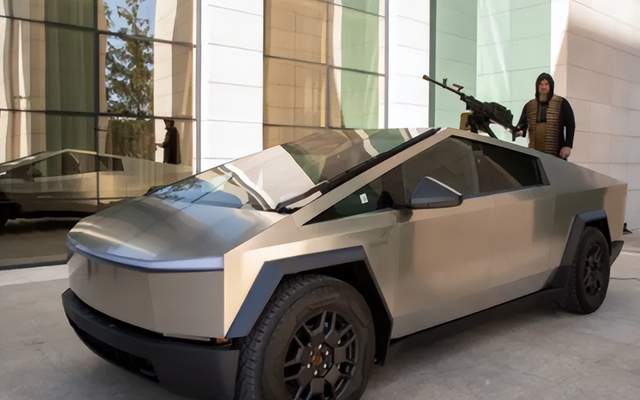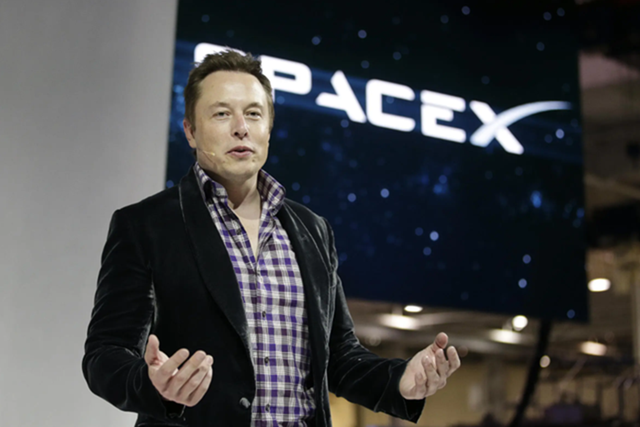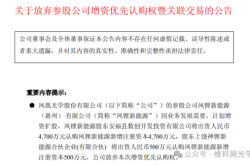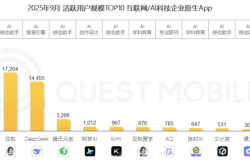Musk's remote locking of Cybertruck raises doubts about the control of purchasing American civilian technology products
![]() 09/23 2024
09/23 2024
![]() 497
497
Just as Israel, which has close ties with the United States, has been questioned about remotely controlling the explosion of many battery-powered electronic products such as BP machines and solar panels, causing thousands of casualties, Ramzan Kadyrov, the leader of Chechnya in Russia, pointed out that the electric truck Cybertruck he purchased from Musk's company has been remotely locked and unable to drive, raising doubts about American civilian technology products.

Although Cybertruck has a certain degree of bulletproof capability, it is a civilian electric vehicle, not a military product. Moreover, the United States and Russia are not at war at present, but the Cybertruck has been remotely locked and paralyzed by an American company. This has caused doubts about American civilian technology products worldwide. It is unprecedented that people spend money to buy products but do not have the right to fully control these civilian technology products.
Kadyrov once claimed that the Cybertruck was a gift from Musk, a famous American entrepreneur, but Musk has firmly denied it. All parties are also curious about how Kadyrov bought the truck. However, now it doesn't matter anymore because the truck has almost become scrap metal due to remote locking.
When Kadyrov first received the Cybertruck, he showed it off in Chechnya and even mounted a machine gun on it, which caused some controversy. As a civilian vehicle, using the Cybertruck for military purposes goes against Musk's original intention of developing a bulletproof Cybertruck to improve people's lives.

This is not the first time Musk has faced such doubts. He once claimed that Starlink, developed by his company SpaceX, was a civilian technology product. However, in recent years, Starlink has been repeatedly used for military purposes, such as providing hundreds of Starlink satellite terminals to Ukraine during the ongoing Russia-Ukraine conflict.
As for American technology products, a large number of iPhones sold by Apple to Russia were also remotely locked and became unusable bricks. These actions have raised global doubts about American practices. After all, these are civilian technology products with expensive prices, and many of their users are ordinary people. Apple's locking of Russian iPhones is suspected of infringing on others' property rights.
The use of civilian technology products for military purposes is not new to the United States. During the Gulf War in the 1990s, when Iraq cut off its network connections with the outside world, the United States activated a hidden virus in the printers used by the Iraqi army, successfully paralyzing Iraq's command and air defense systems. This allowed American Apache helicopters to attack Iraqi tank units at will, resulting in the destruction of over 3,500 tanks by more than 200 Apache helicopters without any losses on the American side.
Today, many American consumer electronics products, such as PCs, servers, and mobile phones, use American chips. The American Windows operating system dominates the PC market, while Android and iOS dominate the mobile phone market. These products have larger storage capacities than printers of the past, but no one knows how big the vulnerabilities are or whether they contain hidden viruses.

Musk's remote locking of the Cybertruck will undoubtedly reignite concerns about American technology products. It is worth pondering whether these expensive American technology products could turn into ticking time bombs at any moment, and how dangerous the security vulnerabilities and potential hidden viruses they contain might be. Will American technology products be rejected by consumers as a result? These are all issues worth exploring and reflecting on.







